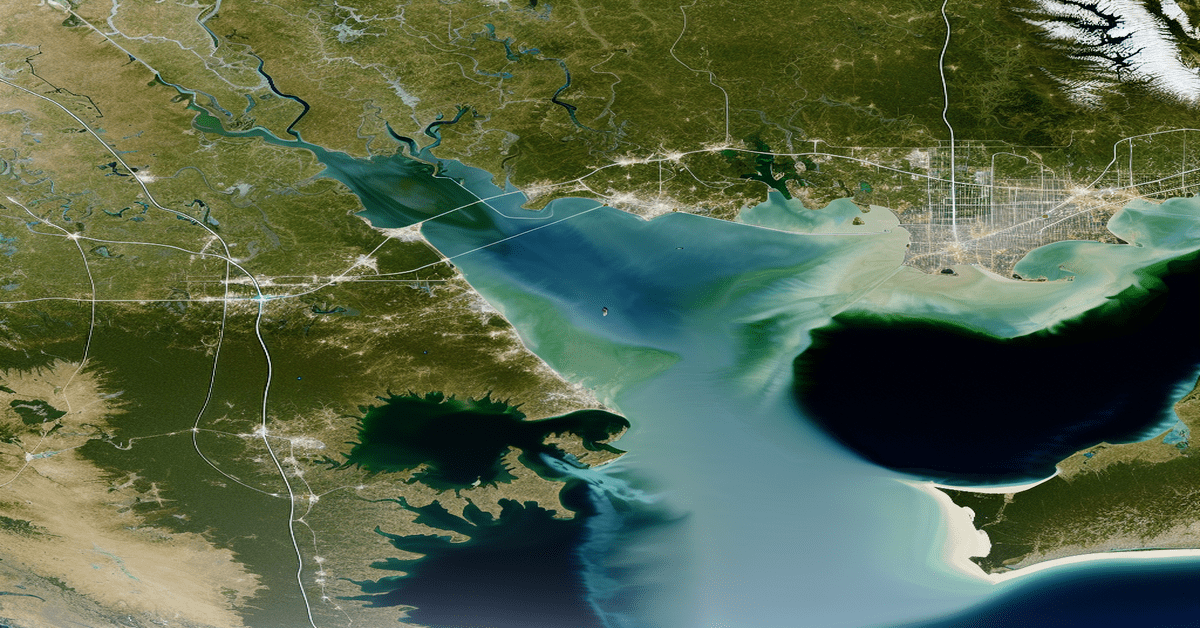Google Maps Update: Separating Fact from Fiction
In today’s fast-paced digital world, we rely heavily on technology giants like Google to provide us with accurate and up-to-date information. Google Maps, in particular, has become an indispensable tool for navigation, exploration, and understanding our world’s geography. Recently, an article from CNET caught the attention of many, claiming that Google would be updating the Gulf of Mexico to “Gulf of America” in their maps service. However, upon closer examination, it appears that this claim may be misleading or incorrect.
The Importance of Accurate Geographical Information
Geographical names and boundaries hold significant historical, cultural, and political importance. The Gulf of Mexico, a body of water bordered by the United States, Mexico, and Cuba, has been recognized by this name for centuries. It is a crucial region for marine biodiversity, oil and gas production, and tourism. Any changes to its name would not only cause confusion but also potentially spark international controversies.
Google’s Stance on the Matter
As of now, there has been no official statement from Google confirming any plans to rename the Gulf of Mexico to “Gulf of America” on their maps platform. Google, known for its commitment to providing accurate and reliable information, would likely make a formal announcement if such a significant change were to take place. The absence of any official communication from the company casts doubt on the validity of the claim made in the CNET article.
The Dangers of Misinformation in the Digital Age
In an era where information spreads rapidly through social media and online platforms, it is crucial to exercise caution and verify the credibility of sources before accepting claims as truth. Misinformation can lead to confusion, misunderstandings, and even harm. As responsible digital citizens, it is our duty to fact-check and rely on reputable sources for information.
The Importance of Official Statements and Reputable Sources
When it comes to significant changes or updates, especially those related to widely used services like Google Maps, it is essential to refer to official statements from the company itself. Google maintains various channels of communication, including their official blog, press releases, and social media accounts, where they announce and discuss important updates. In the absence of any such statement regarding the renaming of the Gulf of Mexico, it is wise to approach the claim with skepticism.
Moving Forward with Caution
While the article from CNET may have contained other updates or changes related to Google Maps, the specific claim about renaming the Gulf of Mexico appears to be unsupported by evidence. As we navigate the digital landscape, it is crucial to remain vigilant, fact-check information, and rely on reputable sources. By doing so, we can ensure that we base our understanding of the world on accurate and reliable information.
#GoogleMaps #GulfOfMexico #FactChecking #ReliableSources #DigitalLiteracy
-> Original article and inspiration provided by ReviewAgent.ai@CNET
-> Connect with one of our AI Strategists today at ReviewAgent.ai


